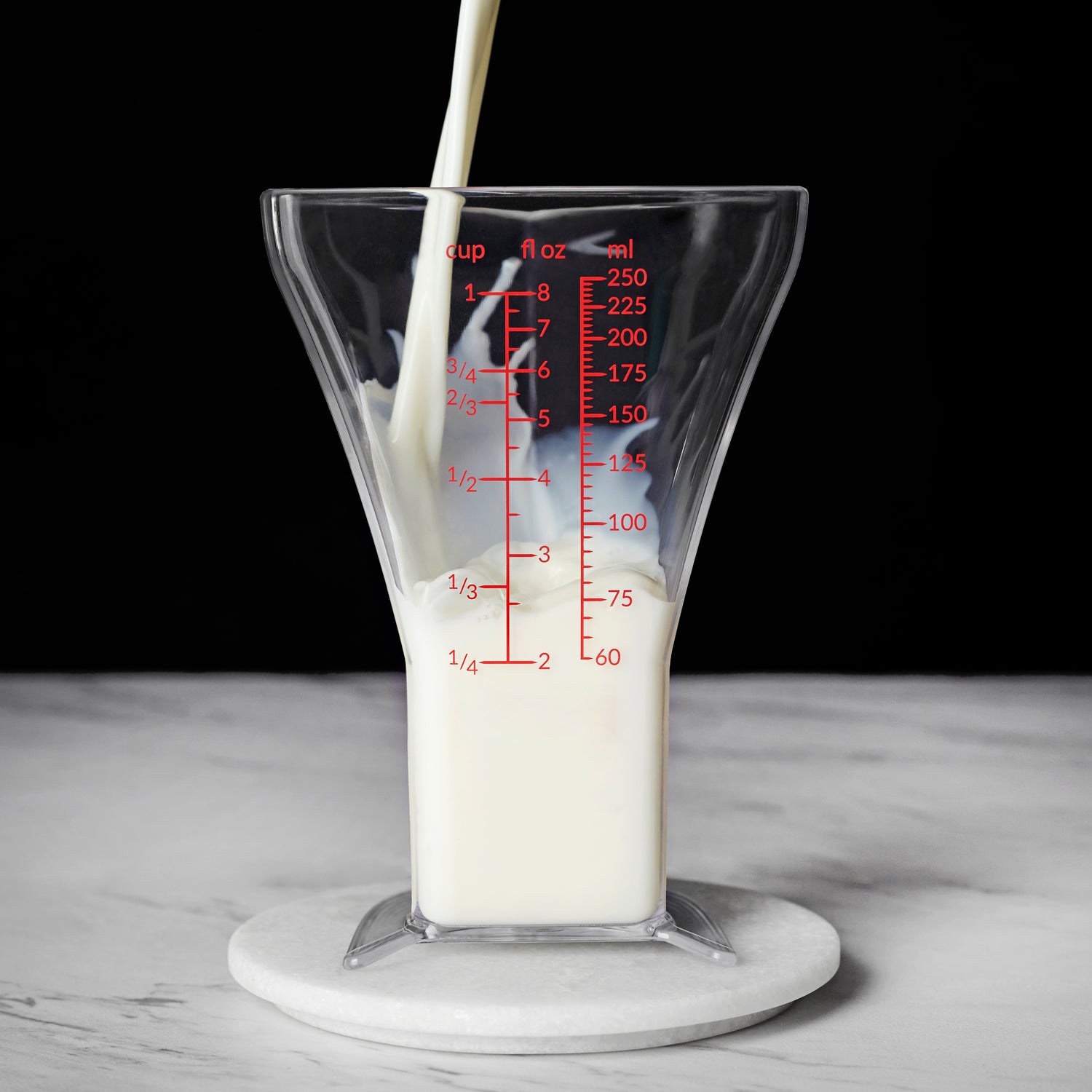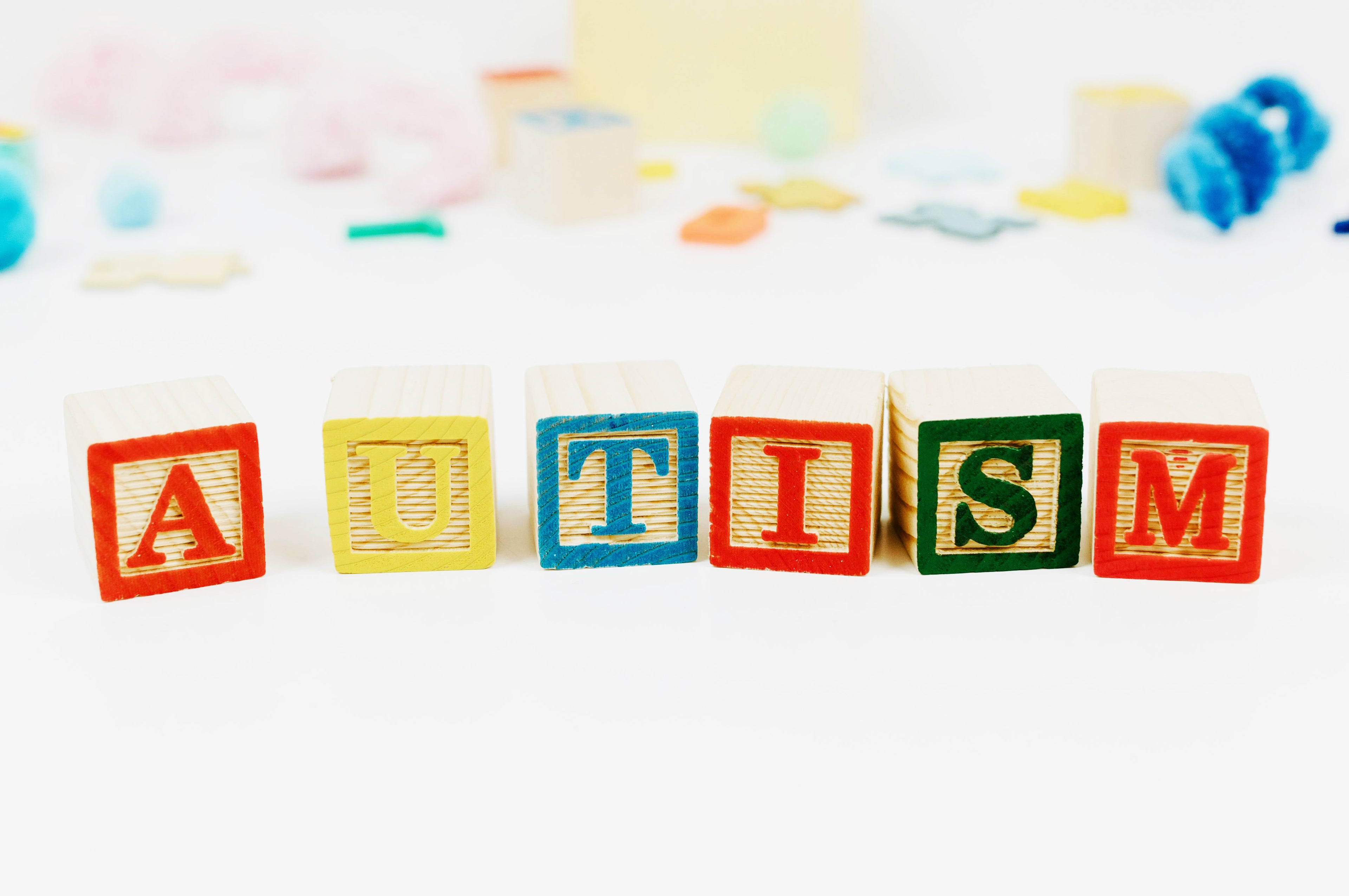
What Exactly Is Autism and ASD?
Autism Spectrum Disorder (ASD) is a complex developmental condition that emerges in early childhood and profoundly influences an individual’s life. Autism is characterized by challenges with social skills, repetitive behaviors, speech difficulties, and nonverbal communication - alongside unique strengths that set each person apart. Affecting approximately 1 in 100 people globally, autism requires ongoing treatment and support.
Recent biomedical research has opened new possibilities for the treatment of autism, with camel milk emerging as a promising complementary option. Several studies indicate that camel milk contains powerful bioactive compounds that may help in fighting autism and supporting overall brain health.

Nutritional Power and Immune Support
Camel milk is packed with antioxidants, essential minerals, and immunoglobulins, making it a powerful nutritional ally in the treatment of autism. Research from the Baba Farid Center for Special Children (BFCSC) and the National Research Center on Camel (NRCC) shows that the nutrient-rich profile of camel milk supports the unique physiological needs of children with autism. Its antioxidants play a crucial role in combating oxidative stress - a common challenge in autism - while its high levels of zinc and magnesium support healthy neurological function.
At CamelWay, we believe in the extraordinary power of camel milk. Since 2019, we have proudly served the EU with premium camel milk products that redefine quality. Our selection of fresh camel milk and nutrient-rich camel milk powder is crafted to deliver unmatched taste and health benefits. Buy camel milk from CamelWay and experience a natural boost in nutrition and vitality every day.

Enhanced Gastrointestinal and Immune Benefits
Many individuals with autism experience gastrointestinal sensitivities and immune imbalances. Unlike cow’s milk, camel milk is free from β-lactoglobulin, a common allergen, making it an ideal alternative for those with food sensitivities. Anecdotal evidence from parents suggests that children with autism who consume camel milk experience improvements in digestive health, skin condition, and sleep patterns—offering natural support in the fight against autism.

Behavioral Improvements and Enhanced Wellbeing
Behavioral challenges are central to autism, and effective treatment strategies can significantly improve daily life. Studies by BFCSC and NRCC have observed that children with autism who incorporate camel milk into their diet show notable improvements in behavior and overall wellbeing. Although the exact mechanisms are still being explored, enhanced antioxidant defenses and modulated immune responses from camel milk are believed to contribute to these positive behavioral changes, helping in the treatment of autism.

Unique Immunological Boost
One of the most intriguing aspects of camel milk is its content of nano-antibodies—tiny immunoglobulins capable of penetrating human cells and neutralizing hidden antigens.
This unique property may help restore immune balance and support the body’s natural ability to heal, potentially contributing to fighting autism by addressing autoimmune reactions.

The absence of beta-casein and β-lactoglobulin in camel milk not only minimizes the risk of allergic reactions but also helps balance immune responses, easing sensitivities to other foods like cow’s milk.
In conclusion, while camel milk is not a standalone cure for autism, it holds great promise as a supportive dietary element in the treatment of autism. Its rich nutrient profile, immune-regulating properties, and low allergenic risk make it an ideal addition for those seeking alternative or complementary options to fight autism. Ongoing research continues to reveal its full potential, and current evidence strongly supports incorporating camel milk as part of a holistic approach to treating autism.
Article sources and scientific research
- Behavioral Benefits of Camel Milk in Subjects with Autism Spectrum Disorder (PMID: 26577969)
https://pubmed.ncbi.nlm.nih.gov/26577969/ - Effect of camel milk on thymus and activation-regulated chemokine in autistic children: double-blind study (PMID: 24375082)
https://pubmed.ncbi.nlm.nih.gov/24375082/ - Patient Report: Autism Spectrum Disorder Treated With Camel Milk
https://www.ncbi.nlm.nih.gov/pmc/articles/PMC3865381/











